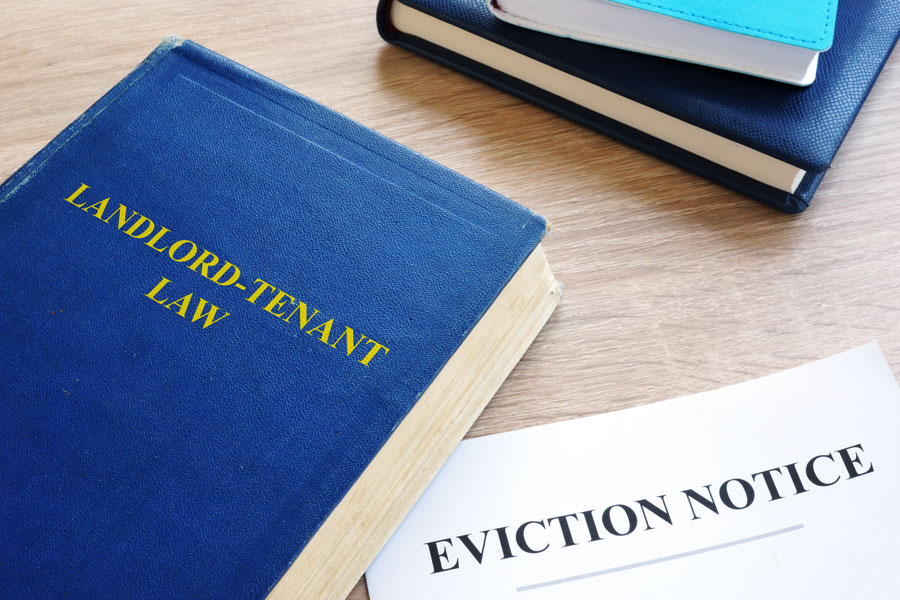There has been a lot of public discussion whether the new Homeowners Bill of Rights (Nevada Law SB 321) will open up short sale transactions that are not considered “arms-length transactions”. The term “arm’s length” means that a sale does not occur between principals who are close relatives, those with existing business relationships, straw-buyers etc. The theory is that the buyer and seller do not have other incentives influencing the transaction. An example would be sellers in a Las Vegas short sale selling to their parents in order to buy the home at a later time. Under this scenario, the parents would be incentive to get the lowest price for the children to buy back later. It is easy to see how a bank taking a loss on the mortgage would see that as not in the bank’s best interest.
The banks who hold the mortgages on upside down properties generally have the principals in a sale (buyer and seller) sign agreements stipulating the sale is an arm’s length transaction between essentially unrelated parties. Once these agreements are signed, the principals are bound by the terms and subject to breaking federal bank fraud laws if they are found to have violated the terms of the arm’s length transaction agreement. One of the most eagerly monitored items was the expectation that SB 321 was going to prohibit banks from imposing arm’s length transactions in Nevada. The following statute in the bill addresses this issue:
Sec. 16.5.
1. No provision of the laws of this State may be construed to require a sale in lieu of a foreclosure sale to be an arm’s length transaction or to prohibit a sale in lieu of a foreclosure sale that is not an arm’s length transaction.
What is missing is there is no language barring arm’s length transactions. I am not an attorney and I am not offering a legal opinion. This is simply my opinion as a real estate professional after consulting with attorneys as well as reading the bill myself. It appears the State is communicating legislative intent that a “sale in lieu of foreclosure” (short sale) that is not an arm’s length transaction is essentially welcome.
This falls considerably short saying banks cannot require the “arm’s length agreements” in Nevada.
There have been plenty of local attorneys and real estate agents putting out a narrative that under SB 321 banks cannot require an arm’s length transaction agreement to be signed. While not really true, this tactic gets their phones ringing from potential clients, and that is always the goal when trying to get new business.
My consultation with attorneys indicated that the State of Nevada does not prohibit short sales which are not arm’s length transaction. The bottom line is that nothing has changed; signing an arm’s length transaction agreement while trying to do a short sale remains voluntary between all parties. The seller isn’t required to sign and the bank doesn’t have to require one, though they usually do. If the bank agrees to the sale without a signed “arm’s length”, and a seller has provided honest personal and financial documentation, there is nothing illegal about doing a short sale that is not an arm’s length transaction.
Here is the rub, if you want to attempt to do a Las Vegas short sale that is not an arm’s length transaction you’ll have to be up front about what you want to do and try to get your short sale approved without ever signing an arm’s length transaction agreement. If I have a seller inquiring about what their options are, they should consult an attorney and if they need an attorney recommendation, I can recommend attorneys I have worked with in the past they can consult for free.
Disclaimer: This article is not meant to construed as legal advice and all sellers considering a short sale should consult with an attorney and seek professional tax advice as well.
Paul Rowe is a real estate investor and REALTOR® with Shelter Realty Inc. He can be reached at (702) 376-7379. With hundreds of short sales negotiated successfully over the past 12 years, Paul works exclusively with distressed property owners and potential foreclosure and short sale victims in Southern Nevada who owe more on their mortgage than their property will appraise for.

